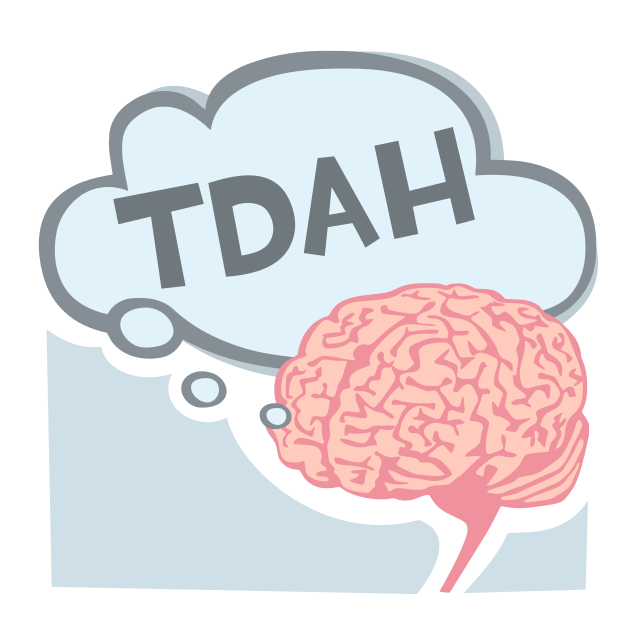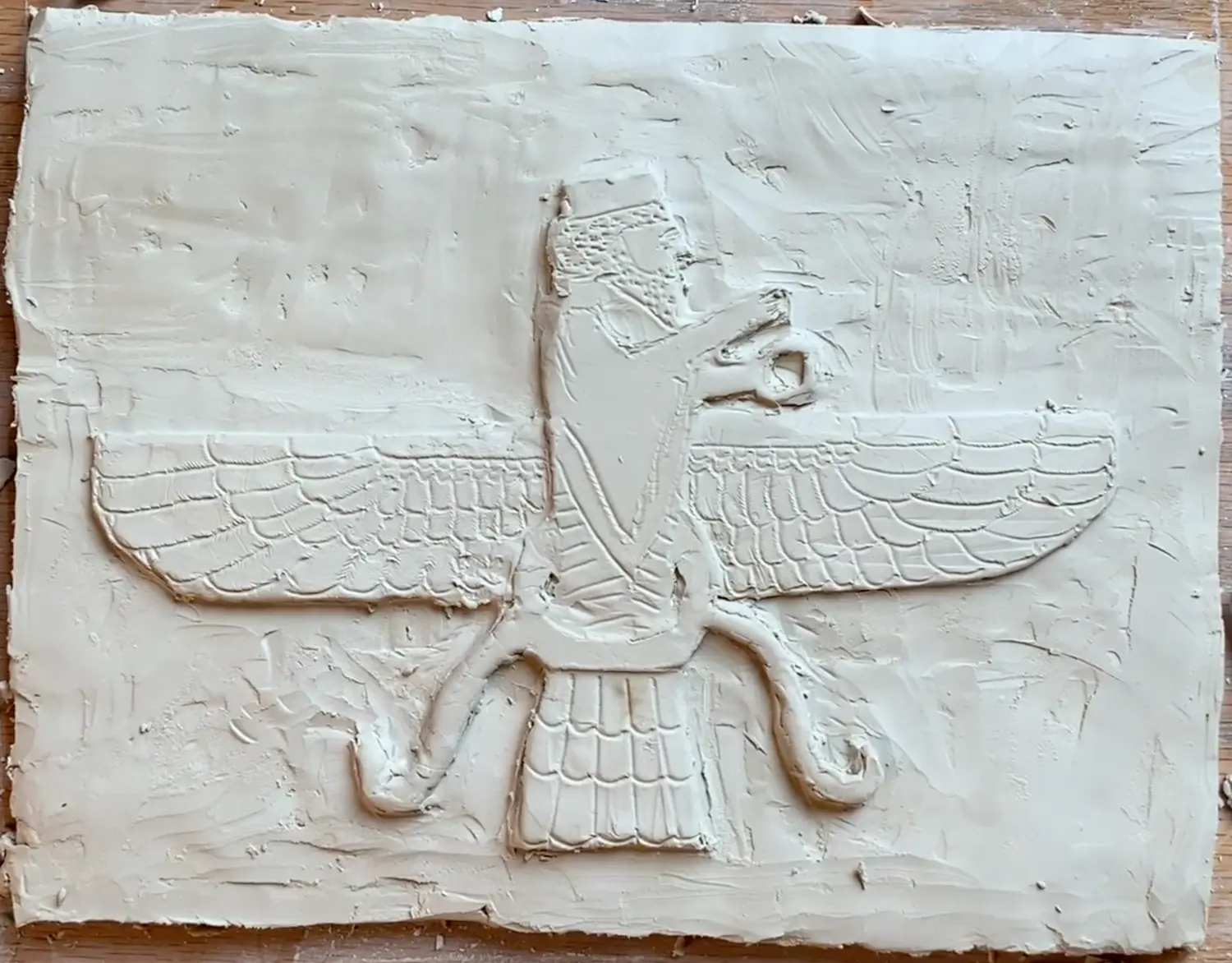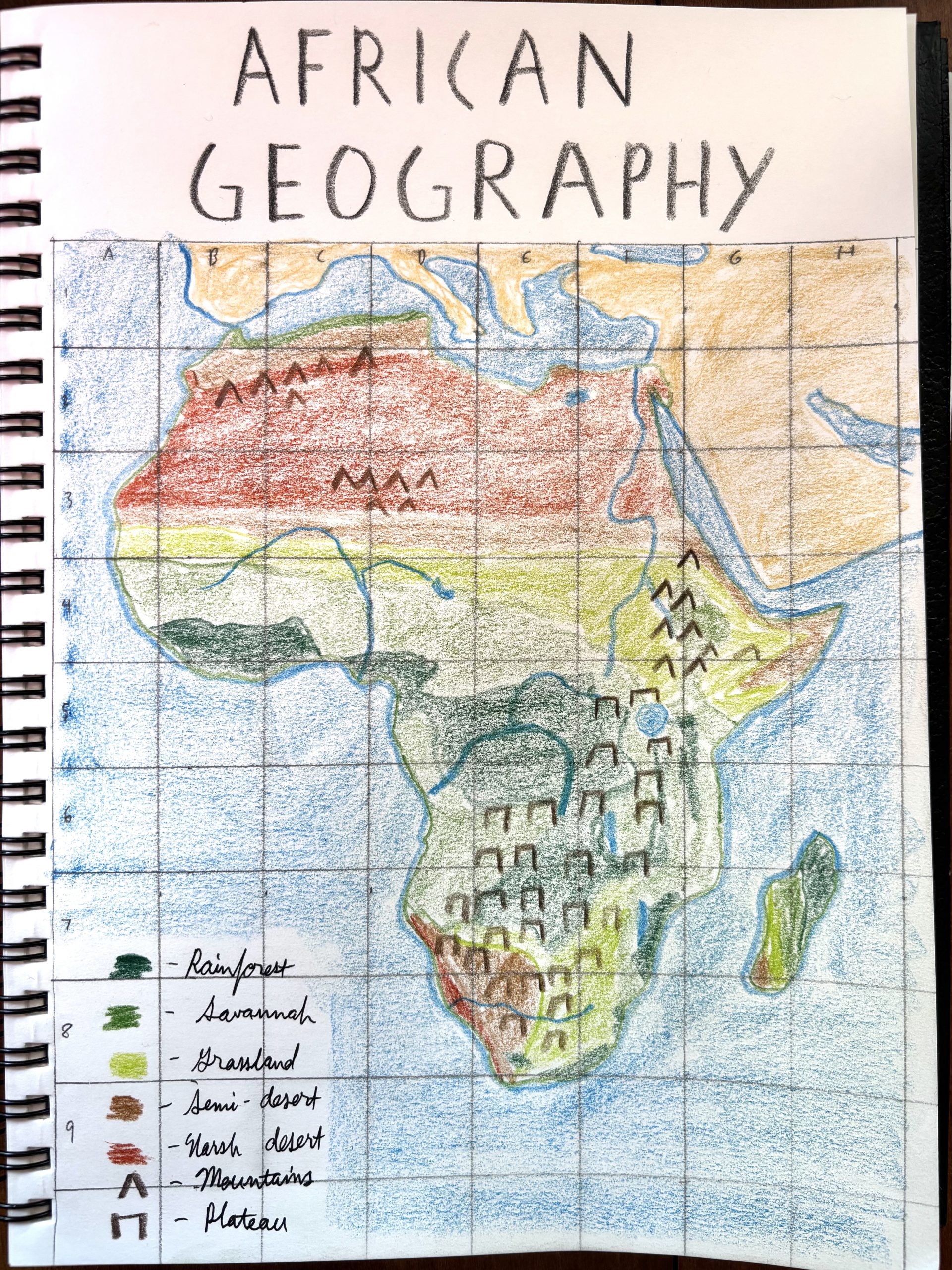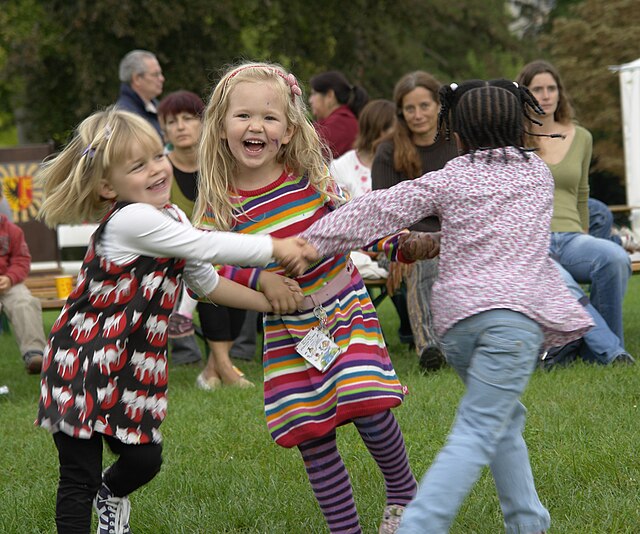Category: The Inner Work of Education
-

The Power of Intention
The power of intention, popularized by the late great Wayne Dyer, expresses itself in the biographies of many extraordinary people. In this post, I focus on the realized of intention of a once young baseball fan back in 1990s Los Angeles. His name is Giancarlo Stanton, a slugger currently playing for the Yankees. A prodigious…
-

Michaelmas, 2025
Today is Michaelmas, otherwise known as the Day of Courage. It is the time in the year when the cooling forces of autumn sober the party of summertime growth. It is also the harvest time. In most Waldorf schools, stories are told, songs are sung, and a pageant features the Archangel Michael taming the terrible…
-

Educational Interventions for ADHD and Other Neurodivergent Disorders
In this post, we are going to discuss some educational interventions for ADHD and other neurodivergent disorders like ASD, dyslexia, etc. Any teacher who has been in the field for 10 or more years can tell you that such conditions are on the rise. A curative Education colleague of mine remarked to me the other…
-

3D Geometry
From our last two posts on math education and teaching geometry in grades 5-7, you should understand that math education is about developing the capacity to think. By 8th grade, we move into 3D geometry which capitalizes on previous skills and carries them further. Yet, it is important we do this not just through head-exercises…
-

Teaching Geometry
When we consider the best method for teaching geometry, we should consider how to compose such a curriculum. Like the movements in a symphony, teaching geometry should follow a natural and beautiful logic based on the developing human being. It should unfold in an arc that parallels the blossoming capacities of the adolescent and harmonizes…
-

Math Education Done Right
Why do we teach math? So we can abolish slavery, among other reasons. While that may sound outlandish, let me explain. I’ve recently seen these Instagram posts of forest homeschools demonstrating teaching practical math to build amazing woodland structures. The message goes something like, “Students can’t get into math because it’s not relevant. Here we…
-

Teaching Ancient History
Why do we teach ancient history in 5th grade? Well, why do we teach anything in any grade? An answer I often hear in mainstream circles is, “Because the children need to know it.” Usually there is some agenda behind such phrases.What history we teach is one of the most hotly debated topics in modern…
-

Middle School Science
Last week, we wrote a post where we outlined why we teach each of the school subjects. In a classical education, including the curriculum of Enkindle Academy, these topics each serve vital developmental purposes. (They don’t just serve bureaucrats’ inexperienced ideas about what students should be taught, even though such reasoning often guided mainstream education,…
-

School Subjects
I’d like to explore why we teach the different school subjects and make a case for each. Although this post is applicable to all teachers, I usually talk to homeschoolers many of whom unschool. It’s becoming increasingly trendy to walk away from academics entirely, preferring instead to learn building, survival skills, gardening, navigation, tracking, etc.…
-

Building Neuroplasticity
Last week’s post was called Brain Hemispheres in Education. There, we discussed the differences between the right and left hemispheres of the brain and how this knowledge can inform education. In this post, we want to give some more practical indications for bringing this wisdom into our teaching and homeschooling. We want to understand the…
